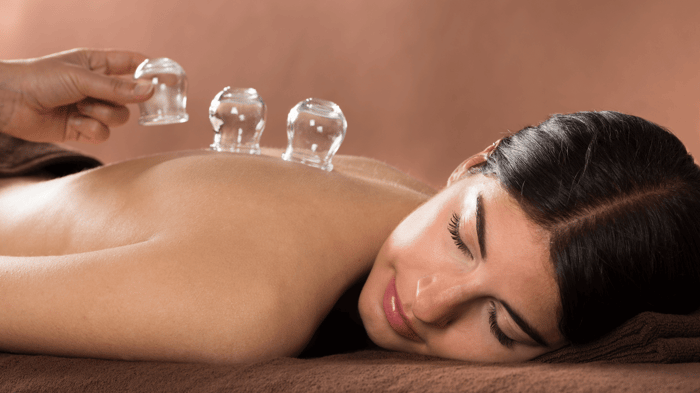
As I write these words, I’m midway through my workday and experiencing a very common set of symptoms: eyestrain, headache, and difficulty focusing on my screen. If your lifestyle requires you to spend hours on a cellphone, tablet, or computer screen, you’re likely to have experienced these maladies yourself.
We’ve made ourselves susceptible to computer vision syndrome, a condition that describes the vision-related problems caused by digital screens. However, because of our jobs, schools, and hobbies, we often don’t have much room to significantly cut our screen time. So what can we do to prevent damage to our eyes?
A popular theory posits that this eyestrain is caused by the blue light emitting from our screens--and therefore if we limit the amount of blue light that reaches our eyes, we can protect them.
Blue light is on the shorter-wavelength end of the visible light spectrum, at 400-450 nm, and carries more energy in each photon than other wavelengths. Because it is more energetic, it has a greater chance of harming the cells it comes into contact with--consider that dangerous ultraviolet light is just off the short end of the visible spectrum. Blue light from screens may also interfere with our sleep by interrupting circadian rhythms.
Blue light glasses give us a chance to control the amount of blue light that reaches our eyes, by filtering out short-wavelength visible light the same way that sunglasses filter UV. These glasses have been making the rounds in wellness circles, and many users swear by them to improve their computer vision symptoms. But are blue light glasses worth the hype?
Blue Light Glasses and Eyestrain
Eyestrain occurs when we subject our eyes to intense, prolonged use, such as driving, reading, or using a computer for multiple hours at a time. Its symptoms include “tired” eyes and trouble focusing. Headaches commonly accompany eyestrain, though these are often caused by tense facial muscles, not by the eyestrain itself.
You don’t have to look far to find testimonials for the magical effects of blue light glasses on eyestrain: the internet is full of them.
However, you’d have to search a bit harder to find science that backs up those rave reviews. That isn’t to say that science has officially debunked blue light glasses as a treatment for digital eye strain: research on the topic just hasn’t progressed enough to reach a definite conclusion either way.
If you’re thinking of trying blue light glasses, go for it: even if they don’t help, they can’t hurt--and then again, they might help! But before you make the purchase, try these methods to reduce eyestrain, which are recommended by optometrists:
- Sit an arm’s length away from your screen (at least).
- Reduce your screen time as much as possible, and walk away from your screen during breaks.
- Employ the 20-20-20 rule by stopping every 20 minutes to look at something 20 feet away for 20 seconds. This will allow your eyes to relax intermittently, rather than straining to hold the same position for hours on end.
Blue Light Glasses and Sleep
It should be no surprise that screens of any type in the hours before bed--even e-readers--can throw off our natural circadian rhythm and cause lower-quality sleep. That is because the production of melatonin, the hormone primarily responsible for quality sleep, is closely tied to external light cues. We produce ten times more melatonin at night than during the day, and uninterrupted, restful sleep has been linked to higher melatonin levels (source).
Blue light has been found to have a particularly large effect on melatonin production. Although the research here is also sparse, the theory behind blue light glasses as a treatment for restless sleep is solid, and small preliminary studies have found that patients who use blue light glasses do have better sleep than patients without.
This link even has implications for metabolism: a research team based in Chicago has found that increased blue-light exposure later in the day is correlated to inhibited glucose metabolism and sleepiness, and other teams have reached similar conclusions. These findings could have implications for diabetes, obesity, and other common health problems.
Again, blue light glasses are not the magic bullet here: before making the purchase, consider whether you can cut out computer and tablet time in the evening and turn your cellphone to night mode. If screen time before bed is necessary for your lifestyle, blue light glasses can be a solution.






